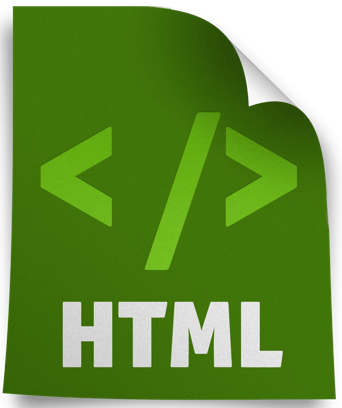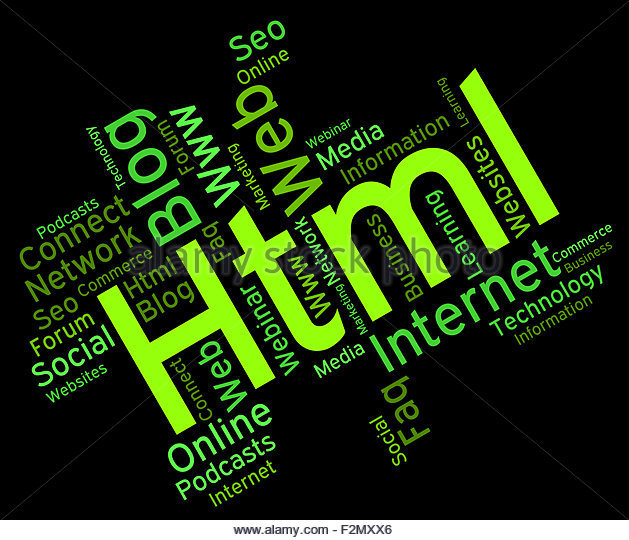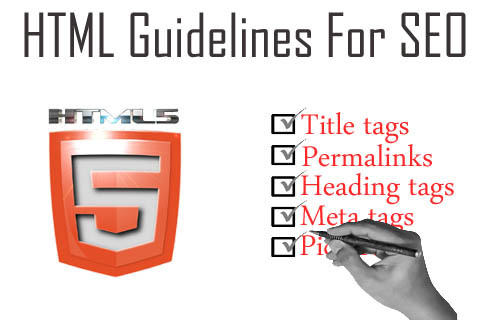HTML Tips & Web Design
Many of the small businesses, independent contractors, and service providers that could benefit from a web site never take the time to talk to the web developer because they are intimidated by the potential cost or complexity of maintaining a site. The truth is, most businesses do not need a complex, expensive site. In many cases a web page with a phone number, HTML tips of the business, and a little information about services offered, products, or pricing would be sufficient to provide a useful increase in business.

For small businesses looking for an affordable way to establish web presence, one page web site is a great way to get started. One page web sites allow: -Independent contractors to explain specialties and post-project photos-Restaurants to publish menus, specials, and happy-hour information-Local retailers to post images of merchandise, hours, and directionsThese are exactly the kinds of things that Search engine users searching for local businesses typically key into their searches, and the businesses they find are the ones that have made this information accessible.

The most robust alternative to our single-page sites, Websites up and Running offers full web development packages including original layouts and graphics, branding, content development, search engine optimization, and CMS (content management system) and HTML tutorials on their sites without knowing Anything About coding.For full-site inquiries, we begin with the consultation during which you would like to explain your site to and how you want it to look. After determining the scope of your project, we do the free Photoshop mock up of the home page of your site. Clients may approve the mock up or suggest changes. After the mock up is approved and features are selected, clients receive a detailed quote for the project.

Web Design & HTML Tips- A Summary
In many industries the Internet has become the number one source of new business, and more than 70% of these potential customers use a search engine such as Google, Bing, or Yahoo to find what they are looking for. http://www.ihtmlvault.com/ that have learned how to take advantage of search engines are gaining a formidable edge on those relying on word-of-mouth and traditional advertising. These businesses have also learned that Facebook pages do not compare to web sites in terms of search engine marketing potential.Of all the words, phrases, and acronyms associated with computing and the internet, probably none have been more misunderstood, misappropriated, and exploited than "SEO" (Search Engine Optimization).

The basic idea of search engine optimization is pretty straightforward – to optimize a web page in a way that maximizes its potential in search engine rankings – generally understood primarily as Google rankings as Google's market share in search is significantly greater than any other search provider. (Although the merger of Bing and Yahoo search has made it worth a web marketer's while to pay more attention to this search engine as well.)There was a time when it was possible to simply insert lines of markup called meta tags ( < meta name="keywords" content="World's Best Web Developers"> ) into the head section of a website and increase that site's ranking for searches that utilized the words contained in the meta tags.

It was also possible to "stuff" a site with certain keywords in a way that made the site look like an authority on a search phrase to a search engine algorithm but meaningless to actual users (World's Best Web Developers, developers, best, world, prize winner champion developers…).Thankfully Google goes out of its way to hire smart people and improve user experiences (in most respects) by constantly trying to find ways make search results more relevant. The result of this effort is a constantly evolving combination bot or crawler (a very powerful machine/computer that reads web pages in a blink and indexes [stores] their content) and algorithm (a mathematical formula that processes, weights, and computes data derived from the indexed content of web pages to provide a measure for ranking these pages relative to one another for a given search phrase).